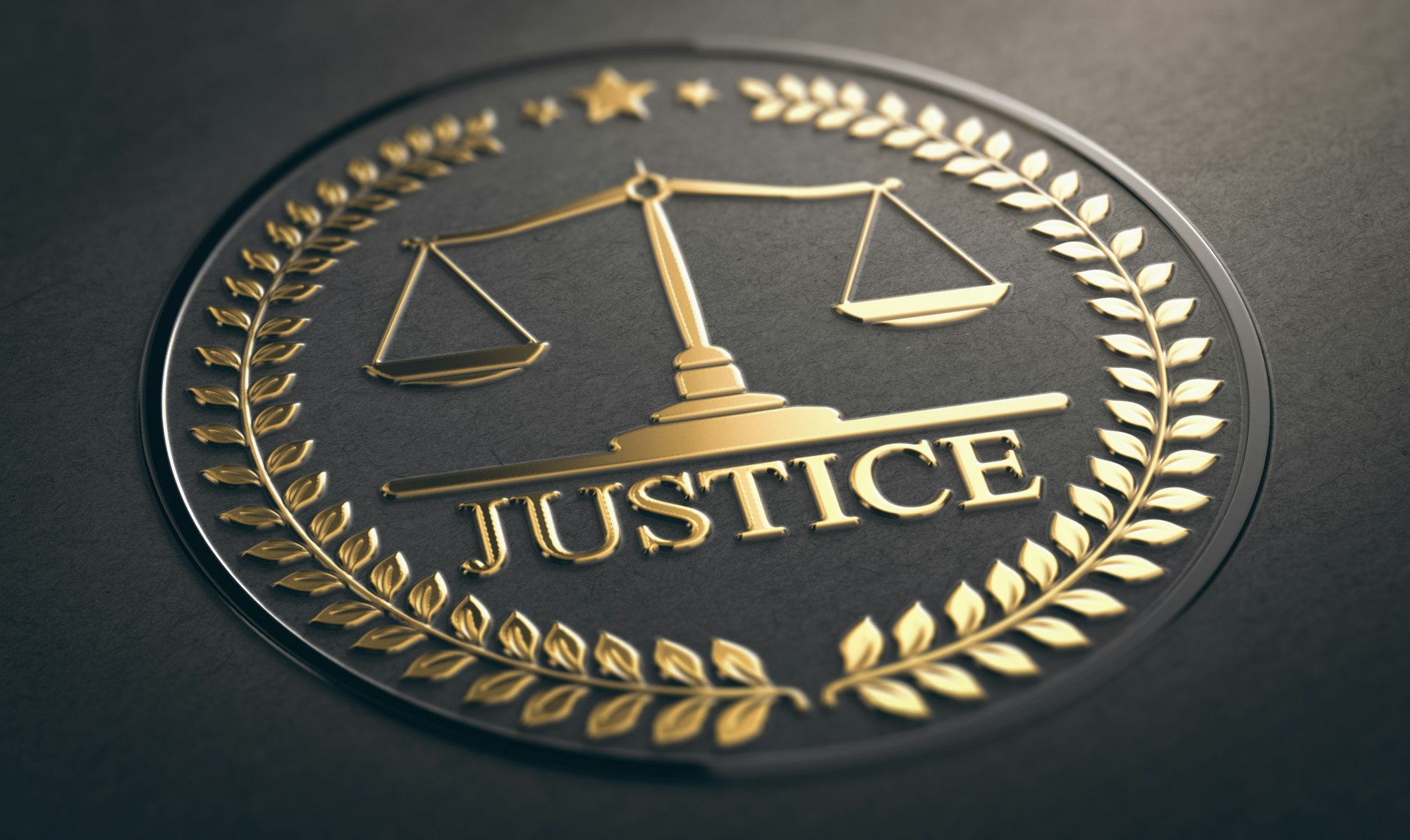Separated But Not Forgotten: Families Detail Horrors of Trump-era Border Policy
In 2018, the world was shocked by the news of thousands of migrant children being forcibly separated from their families at the US-Mexico border. The Trump administration’s "zero tolerance" policy, aimed at deterring illegal immigration, resulted in the physical and emotional trauma of countless families. Two years on, the devastating impact of this policy is still being felt, and families who were torn apart are sharing their harrowing stories to ensure that the world never forgets the horrors they endured.
The policy, which was officially ended in June 2018, saw children as young as infants being taken from their parents and placed in cages, tents, and other facilities. Many were separated from their families at bus stations, airports, and even in the desert. The government’s own statistics revealed that between April and August 2018, over 2,900 children were separated from their parents, with many more believed to have been affected.
For many families, the trauma of being separated has had long-lasting effects. Maria, a mother from Guatemala, was separated from her 7-year-old son, Carlos, at the border. "I was left alone in a cell, not knowing what was happening to my son," she recalls. "I was so scared, I thought I would never see him again. The thought of not being able to hug him, to kiss him, to tell him I loved him… it was unbearable."
Another family, the Morales’, from Honduras, were separated for several months. "We were taken to different facilities, and we didn’t know if we would ever see each other again," says Maria Morales. "We were constantly asking the guards when we would be reunited, but they just shrugged and said ‘no comment.’"
The psychological impact of this trauma is still being felt today. Many families are struggling to rebuild their lives, and the stress and anxiety of being separated continues to affect their mental health. "I have nightmares, I wake up in the middle of the night thinking about my son," says Maria. "I am still trying to come to terms with what happened. It’s like a never-ending nightmare."
In addition to the emotional toll, the policy also had severe physical consequences. Children were left without proper medical care, food, or hygiene facilities. Many were exposed to extreme temperatures, with some being held in cages without access to air conditioning or heating.
The American Civil Liberties Union (ACLU) has been instrumental in fighting against the policy, filing several lawsuits on behalf of separated families. "The Trump administration’s ‘zero tolerance’ policy was a moral and legal disaster," says Lee Gelernt, Deputy Director of the ACLU’s Immigrants’ Rights Project. "It was a brutal and inhumane way to treat families who were seeking asylum in the United States. We will continue to fight for the rights of these families and ensure that they receive the justice they deserve."
In recent months, the Biden administration has taken steps to address the trauma caused by the Trump-era policy. In February, President Biden signed an executive order aimed at reuniting separated families and providing support to those affected. The order also established a task force to investigate the policies and practices that led to family separation.
While progress is being made, many families are still waiting for justice and reparation. The American people must continue to stand in solidarity with these families, demanding accountability from those responsible for the harm inflicted upon them. As Maria Morales so eloquently puts it, "We were separated, but we will never be forgotten. We will keep fighting until we are reunited and our stories are heard."
In conclusion, the story of separated families at the US-Mexico border is a testament to the power of human resilience and the importance of compassion and empathy. As we move forward, it is essential that we learn from the mistakes of the past and work towards creating a more just and humane immigration system. The families who were separated will never forget the horrors they endured, but with our support, they can begin to heal and rebuild their lives.

